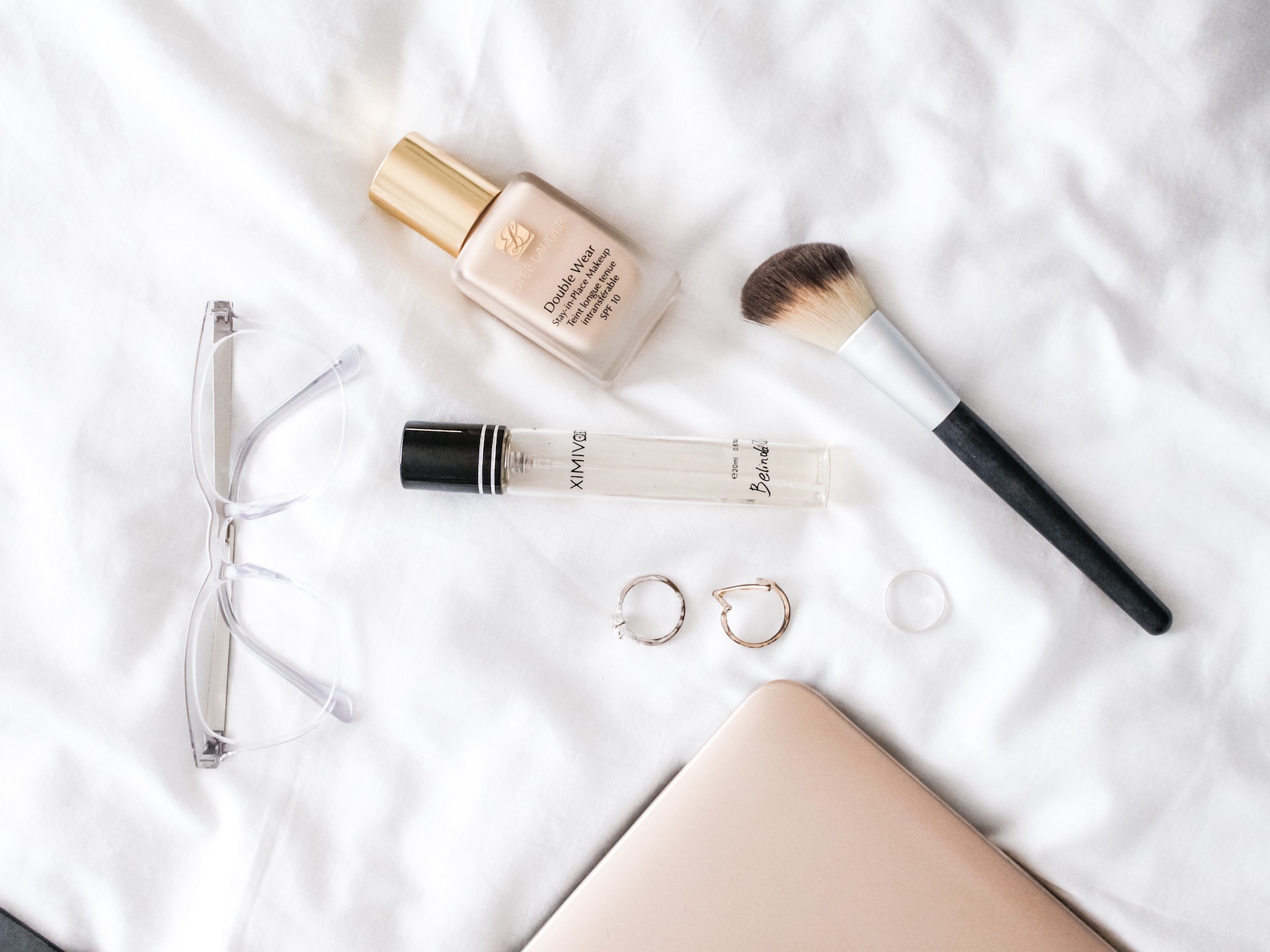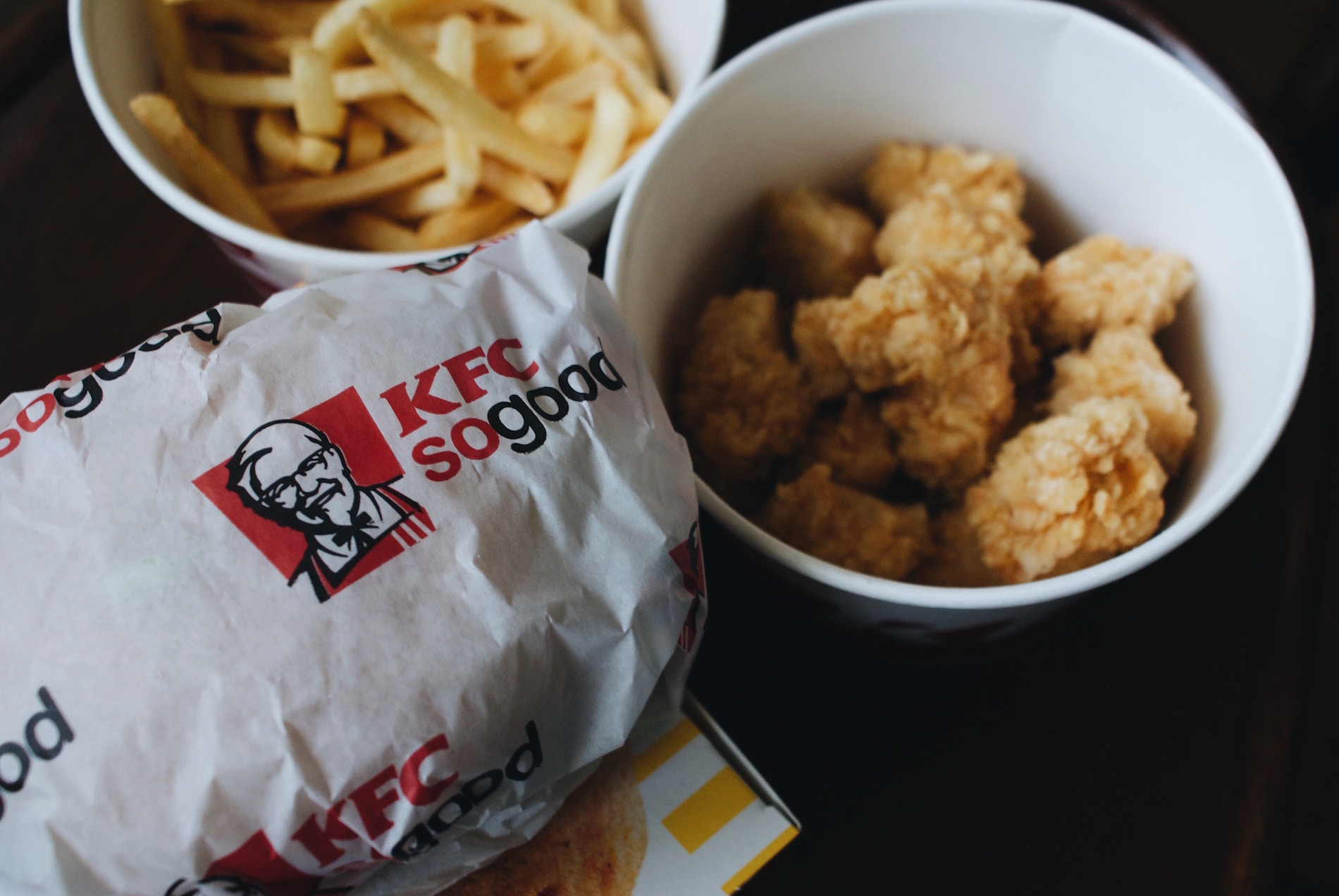This week, cosmetics behemoth Estée Lauder Companies, which owns brands such as M.A.C, Too Faced, SmashBox and Jo Malone London, joined the Ellen MacArthur Foundation’s CE100 initiative – a cross-industry collaboration aimed at accelerating the shift to a circular economy.
Almost everything we consume these days is packaged in some form of harmful material that either ends up in landfill or polluting our oceans and the cosmetics industry plays a big part in this. The global personal care industry is not slowing down and has reached a whopping $500 billion annually and is completely reliant on plastic.
Last year, Zero Waste Week, an annual awareness campaign, reported that more than 120 billion units of packaging are produced every year by the global cosmetics industry, most of which are not refillable, recyclable or reusable.
This is something that Dame Ellen MacArthur is trying to change through her foundation by urging brands to put a focus on “a circular economy.”
Ellen MacArthur became a household name in 2005 when she made yachting history as the fastest solo sailor to circumnavigate the globe. She remains the UK’s most successful offshore racer ever.
MacArthur stepped away from professional sailing in 2009 to launch the Ellen MacArthur Foundation, following 4 years travelling the world and researching the challenges facing our current global economy — where she became “acutely aware of the finite nature of the resources our linear economy relies upon”.
What is a Circular Economy?
A circular economy, as opposed to a linear economy, means “designing” waste and pollution out of processes, production and supply chains.
In January 2012, a report was released entitled Towards the Circular Economy: Economic and business rationale for an accelerated transition. Commissioned by the Ellen MacArthur Foundation and developed by McKinsey & Company, it was the first of its kind to consider the economic and business opportunity for the transition to a restorative, circular model.
Using product case studies and economy-wide analysis, the report details the potential for significant benefits across the EU.
“Waste and pollution are not accidents, but the consequences of decisions made at the design stage, where around 80% of environmental impacts are determined,” explains the Foundation.
“By changing our mindset to view waste as a design flaw and harnessing new materials and technologies, we can ensure that waste and pollution are not created in the first place.”
The foundation’s Circular Economy (CE100) Network provides a pre-competitive space to learn, share knowledge, and build new collaborative approaches. Companies which join CE100 are given the chance to collaborate with competitors, governments, local authorities, academics and innovators to stimulate the move to an economy that is “restorative and regenerative by design.”
Through acceleration workshops, co-projects, and an extensive portfolio of learning materials and an annual summit, members have access to a broad range of learning, networking and collaboration opportunities.
The CE100 Network has attracted a lot of huge brands and members include; Mc Donalds, Microsoft, ING and Novo Nordisk.
Estée Lauder’s Commitment to Sustainability
As a new CE100 member, Estée Lauder Companies (ELC) has pledged to ensure that at least 75% of its packaging portfolio is recyclable, refillable, reusable, recycled or recoverable by the end of 2025.
To meet their 2025 goal, ELC’s team of material engineers and packaging designers will re-design the majority of its packaging portfolio, swapping items currently made from fossil-fuel-based polymers with pulp or bio-based alternatives.
The cosmetics giant will use recycled content when the above is not possible, setting an additional target for including at least 50% post-consumer recycled (PCR) content across its plastics portfolio by the end of 2025.
The company already uses 85% PCR content in its Aveda skincare range and was the first to use 100% PCR content to make bottles and jars which they use across the Aveda hair products portfolio.
Prior to joining CE100, Estée Lauder had already been making moves towards sustainability and is the member of two cross-industry partnerships for more circular packaging — the Sustainable Packaging Coalition (SPC) and the Sustainable Packaging Initiative for Cosmetics (SPICE).
Nancy Mahon, Senior Vice President, Global Corporate Citizenship and Sustainability at the Estée Lauder Companies Inc, said: “As a global company, employer and corporate citizen, The Estée Lauder Companies is committed to taking positive actions to ensure a healthier planet for all.
“Driving circularity through sustainable packaging innovation is a priority for us and we believe a collaborative cross-industry approach is key to making meaningful progress. We are proud to be joining the Circular Economy 100 (CE100) programme, run by the Ellen MacArthur Foundation and look forward to working with the Foundation and its members who are at the forefront of the transition to a circular economy.”
A clear leader in sustainable cosmetics packaging — Origins, another brand under ELC, created the first cosmetic container recycling programme in the industry, ‘Return to Origins’, and M.A.C. also runs a packaging return scheme, ‘Back2MAC’ — the move to join the CE100 programme will further accelerate the sustainability of the highly popular brands under ELC and, hopefully, encourage others to follow.


